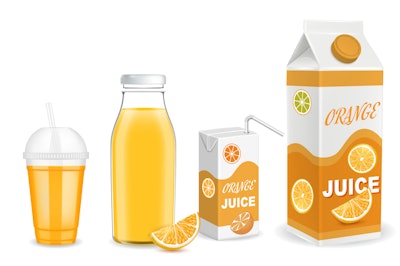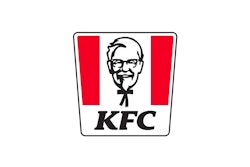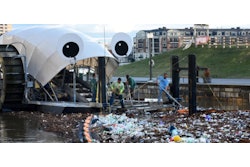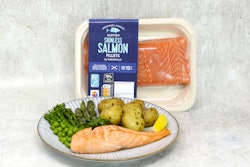During her research at the University of Massachusetts Amherst, Nomzamo Dlamini, a food science Ph.D. candidate from the University of Pretoria, found herself at the crossroads of consumer perception and scientific reality. The study she co-authored, recently published in the journal Sustainability, delves into the sustainability of various packaging materials, with a surprising revelation: glass, often lauded for its eco-friendly image, is among the least sustainable options.
The research aimed to understand consumer motivations behind packaging choices, focusing on single-serve orange juice containers. The findings were unexpected. Despite glass being the most sought-after and highly esteemed packaging type among U.S. consumers, its entire lifecycle—from production to recycling—demands significantly more energy compared to plastic, cartons, or aluminum.
Dlamini, a visiting Fulbright scholar in Alissa Nolden's lab, an assistant professor of food science at UMass Amherst, was taken aback by the data.
“I was shocked to read the lifecycle assessment from the experts that it takes so much energy to produce glass and recycle it—much more than what it takes to make or recycle plastic,” she said.
The study revealed that a carton emerged as the most sustainable option for single-serve orange juice, followed by plastic, aluminum, and finally, glass. This hierarchy is influenced by various factors, including the size and weight of the container and the energy required for production and transportation. For instance, the aseptic sealing process of plastic containers is less energy-intensive than the retort system used for glass.
To gather these insights, the researchers employed a method called conjoint analysis, which simulates real-life decision-making scenarios. Participants were presented with various packaging options and had to make trade-offs, revealing what truly mattered to them. The study found that while many consumers wanted to purchase sustainable packaging, the primary motivating factor was price, followed by packaging type, product claim, and packaging claim.
According to the 847 adult consumers surveyed, the ideal orange juice option was priced at $1.10 per 12 fluid ounces, packaged in glass, locally produced, and labeled as 100% recyclable. This preference underscores a critical message to the food industry: consumers are inclined to choose sustainable packaging, provided it is affordable.
Nolden emphasized the importance of clear labeling and the effectiveness of sustainable packaging. "These sustainable packaging options should be clearly labeled as such, effective, and affordable to increase consumers' motivation and adoption of sustainable packaging for food and beverages," the paper states.
However, the study also highlights a broader perspective on sustainability. While packaging choices impact environmental outcomes, reducing or avoiding food waste is a more impactful and practical way for consumers to contribute to sustainability efforts. This insight shifts the focus from merely selecting the right packaging to adopting more comprehensive sustainable practices in food consumption.



























